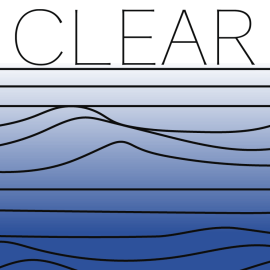Like many other laboratories, CLEAR works with animals as part of our science, mainly the gastrointestinal tracts of animals hunted or fished for food. Universities have animal ethics that foreground replacement (of animals with non-animals), reduction (of the number of animals needed), and refinement (of studies) to mitigate the number of animals used and the harms caused to those animals. At CLEAR, we wish to follow and extend these considerations to include anticolonial relations, humility, Indigenous sovereignty, and accountability, privileging the interconnectedness between humans, animals, and Land.
There is ample scholarship on feminist animal ethics, which emphasize the care and respect of animals, and works to elevate animals out of lesser-than-humans status. At the same time, much of this work focus on an animal’s right to live and not be killed. We wish to introduce anticolonial and Indigenous values, accountability, and knowledges into this conversation, which can include killing animals well.
To date, some of CLEAR’s guidelines for animal samples include:
- All animal samples must come from animals that have been eaten. We, or the people we obtain samples from, hunt and fish for food. We then scavenge for science.
- When processing animal samples, we stay with the animal. Lab members should not wear earbuds, put up plastic barriers, or otherwise separate themselves from the animal.
- Do not pose or take photos of alive or dead animals or animal parts in a disparaging or dominating manner.
- No animal parts are to be incinerated, trashed, or otherwise treated as non-kin or not-guests in the lab. With permission of the biohazards committee on campus, we rematriate all samples back to the land (so long as they are not contaminated or hazardous).
This work is in its early stages and is ongoing. If you have anticolonial or Indigenous animal research protocols, resources, or projects we’d be happy to connect. We draw on many ideas and traditions for this ongoing work, including:
- Todd, Z. (2014). Fish pluralities: Human-animal relations and sites of engagement in Paulatuuq, Arctic Canada. Études/Inuit/Studies, 38(1-2), 217-238.
- Tuck, E., & Yang, K. W. (2012). Decolonization is not a metaphor. Decolonization: Indigeneity, Education & Society, 1(1).
- Nadasdy, P. (2011). We don’t harvest animals; we kill them”: agricultural metaphors and the politics of wildlife management in the Yukon. Knowing nature: Conversation at the intersection of political ecology and science studies, 137-141

1 Comment
Comments are closed.

A fascinating and important topic– I would love to hear about the protocols you developed.